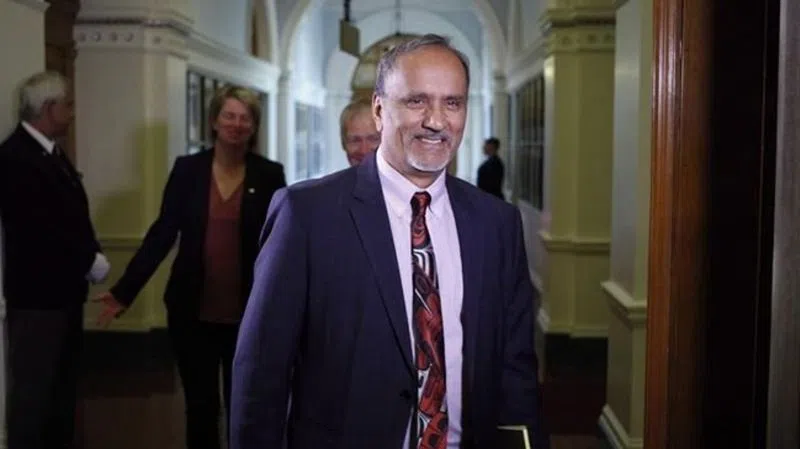
B.C. to improve paid leave for workers affected by domestic and sexual violence
VICTORIA — Workers in British Columbia affected by domestic or sexual violence will be eligible for up to five days of paid leave a year under legislation introduced Tuesday that amends the province’s Employment Standards Act.
The legislation would also give the parents of children harmed by domestic or sexual violence the same paid leave.
Labour Minister Harry Bains said the amended legislation builds on changes passed last year that provided up to 10 days of unpaid, job-protected leave from work for those affected by such violence.
The legislation, if passed, means five of those 10 leave days will be paid.


